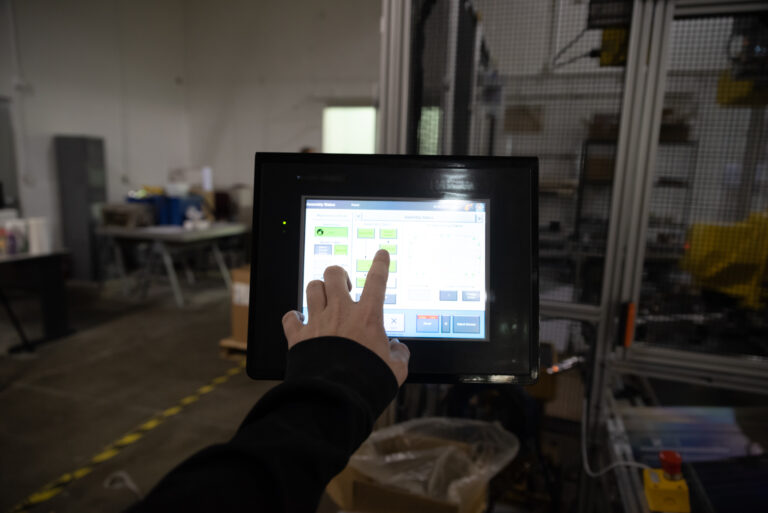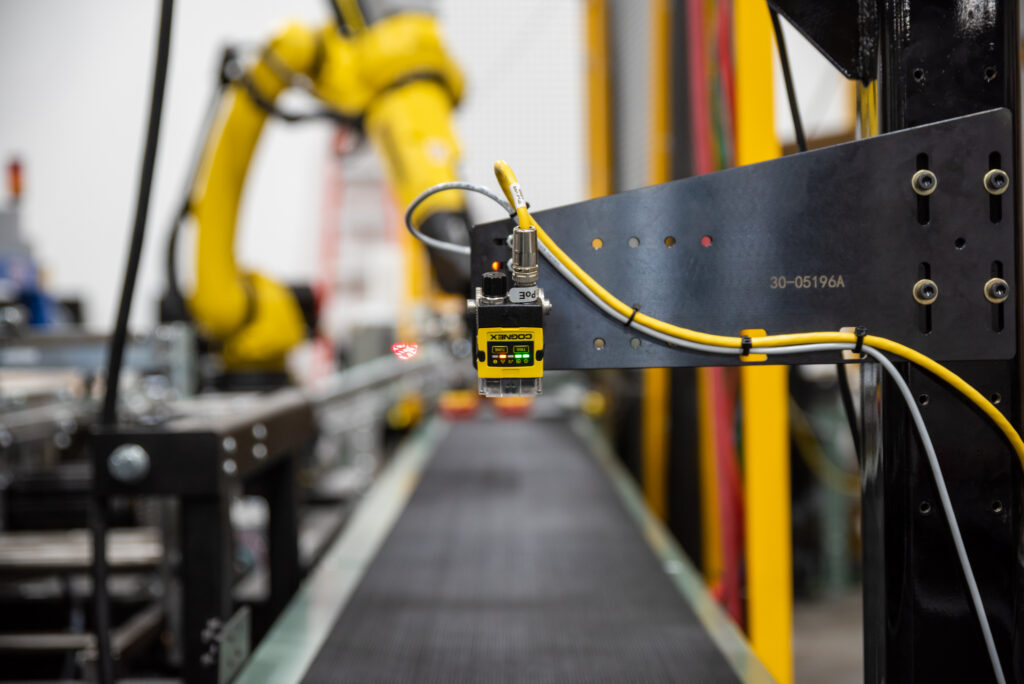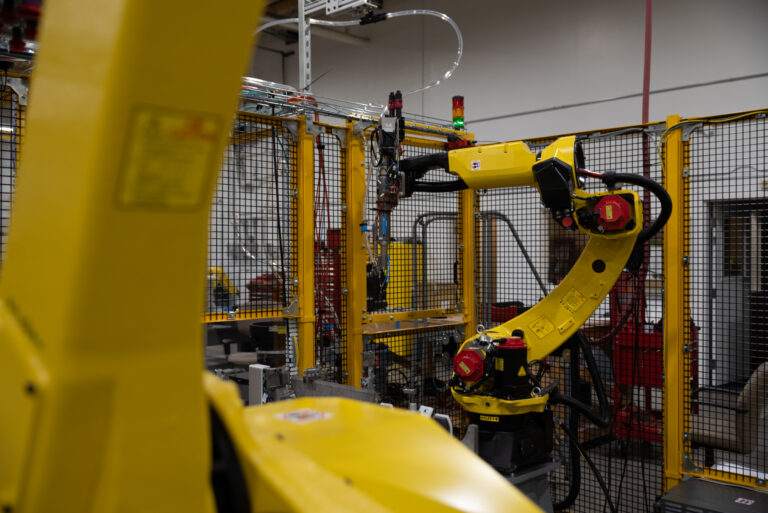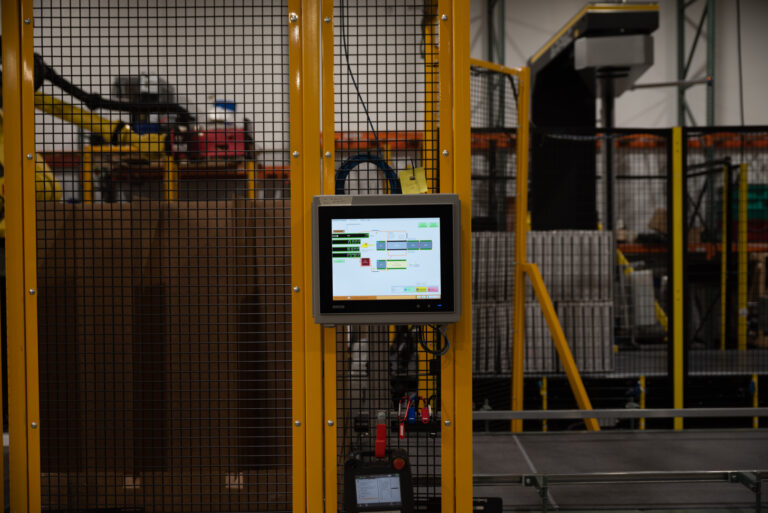
The Human Touch in Automated Manufacturing: Finding the Perfect Balance
Back to all insights In the ever-evolving landscape of manufacturing, the integration of automation and robotics has revolutionized the industry. From assembly lines to precision



